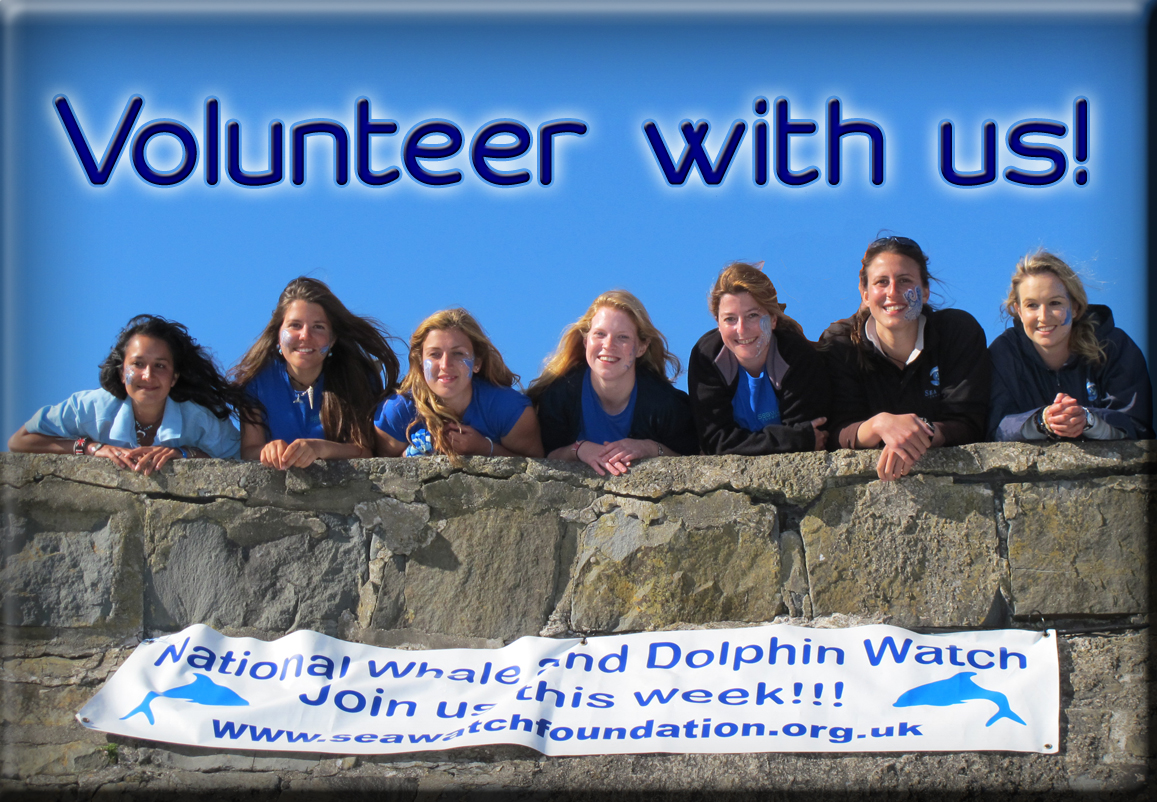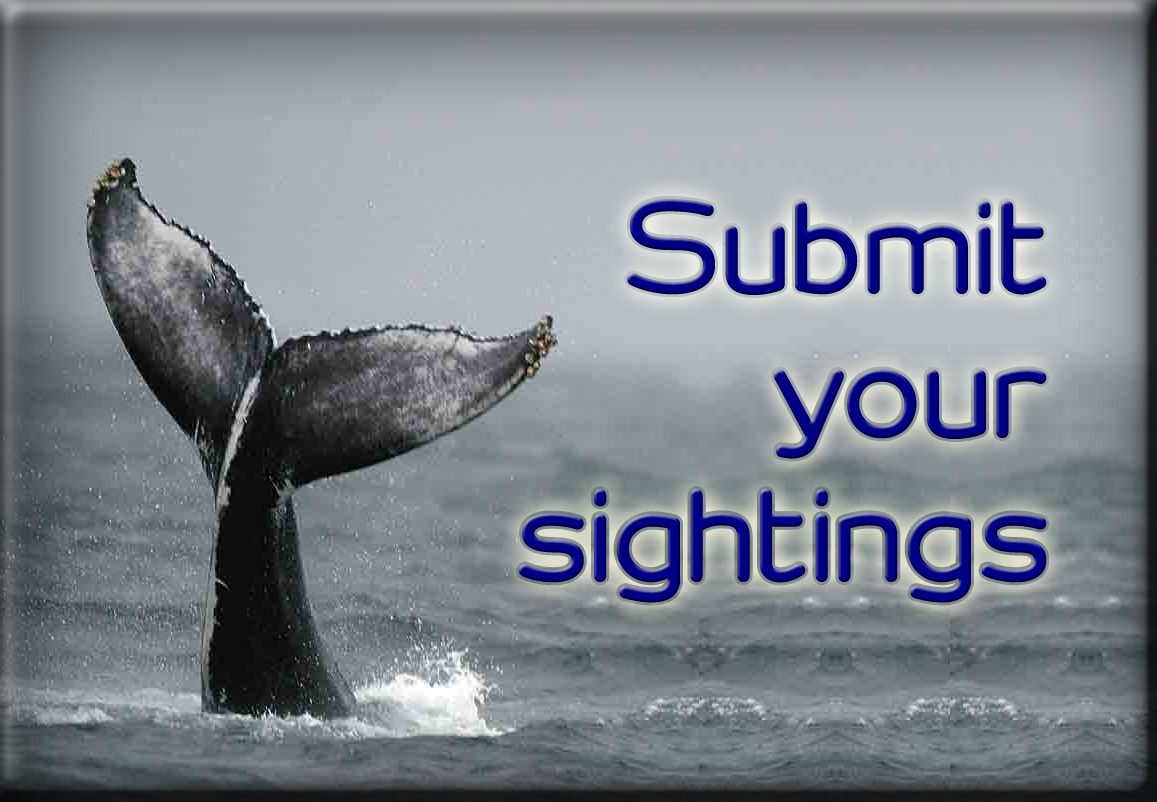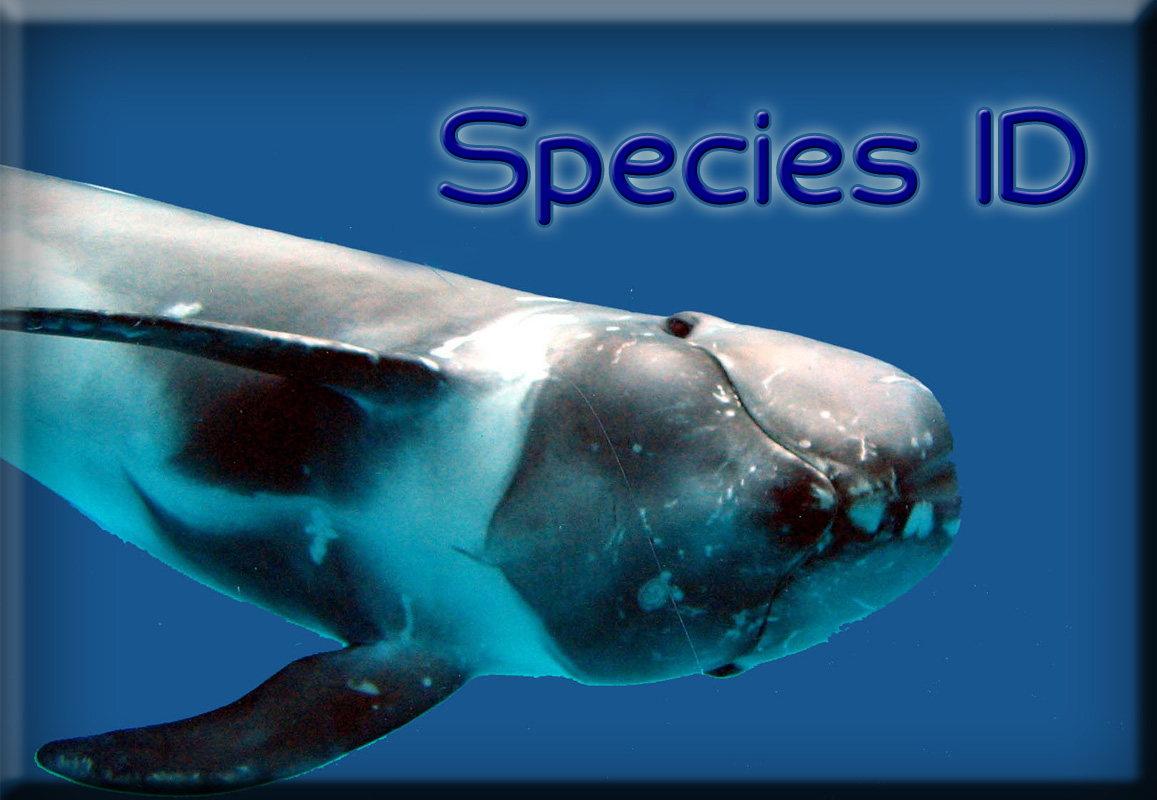Join your Regional Group!
With so many people in Britain and Ireland concerned for the welfare of whales and dolphins around our coasts, it was felt that everyone’s interests and particularly those of cetaceans themselves, would be best served by the development of regional groups. People sharing common interests have a better opportunity to be in contact with one another; regular systematic watches to monitor numbers of whales and dolphins inhabiting the region can be more effectively organised; and local threats facing cetaceans may be identified more clearly.
Regional groups also help us function more effectively. Less time will be taken up centrally answering routine enquires, enabling us to better maintain the national sightings database and carry out essential analyses, whilst providing the groups with national information and news through regular newsletters. Liaison with regional coordinators will help us identify status changes and threats more quickly, so that we can respond quickly in advising governments and other interested parties on necessary action.
The UK has been divided into 36 regions and each of them has its own regional coordinator, although sometimes for practical reasons there can be more than one coordinator per region or one coordinator can cover more than one region.
Click on your region on the map below to access the contact details for your local group.
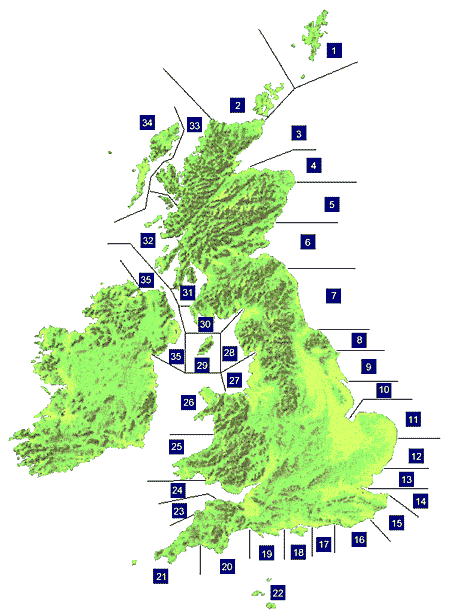
Role of the Regional Coordinator
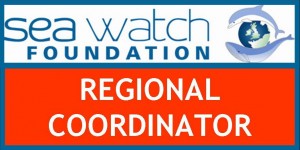 The regional coordinators are an essential part of the Sea Watch observer network and often provide the bulk of sightings records from each region. The coordinator acts as a contact point for the public and other volunteer observers and collates sightings from the region and forwards them to the Sea Watch Sightings Officer. He/She disseminates information about Sea Watch, encourages local people to report their sightings and arranges organised cetacean watches. One of the main responsibilities is to organise the local manned sites for the National Whale and Dolphin Watch, which takes place every year. This often requires responding to queries from and giving interviews to the local and regional media.
The regional coordinators are an essential part of the Sea Watch observer network and often provide the bulk of sightings records from each region. The coordinator acts as a contact point for the public and other volunteer observers and collates sightings from the region and forwards them to the Sea Watch Sightings Officer. He/She disseminates information about Sea Watch, encourages local people to report their sightings and arranges organised cetacean watches. One of the main responsibilities is to organise the local manned sites for the National Whale and Dolphin Watch, which takes place every year. This often requires responding to queries from and giving interviews to the local and regional media.
All the regional coordinators receive a training pack and species identification guides from Sea Watch and are invited to attend the Cetacean Survey courses organised by Sea Watch.

